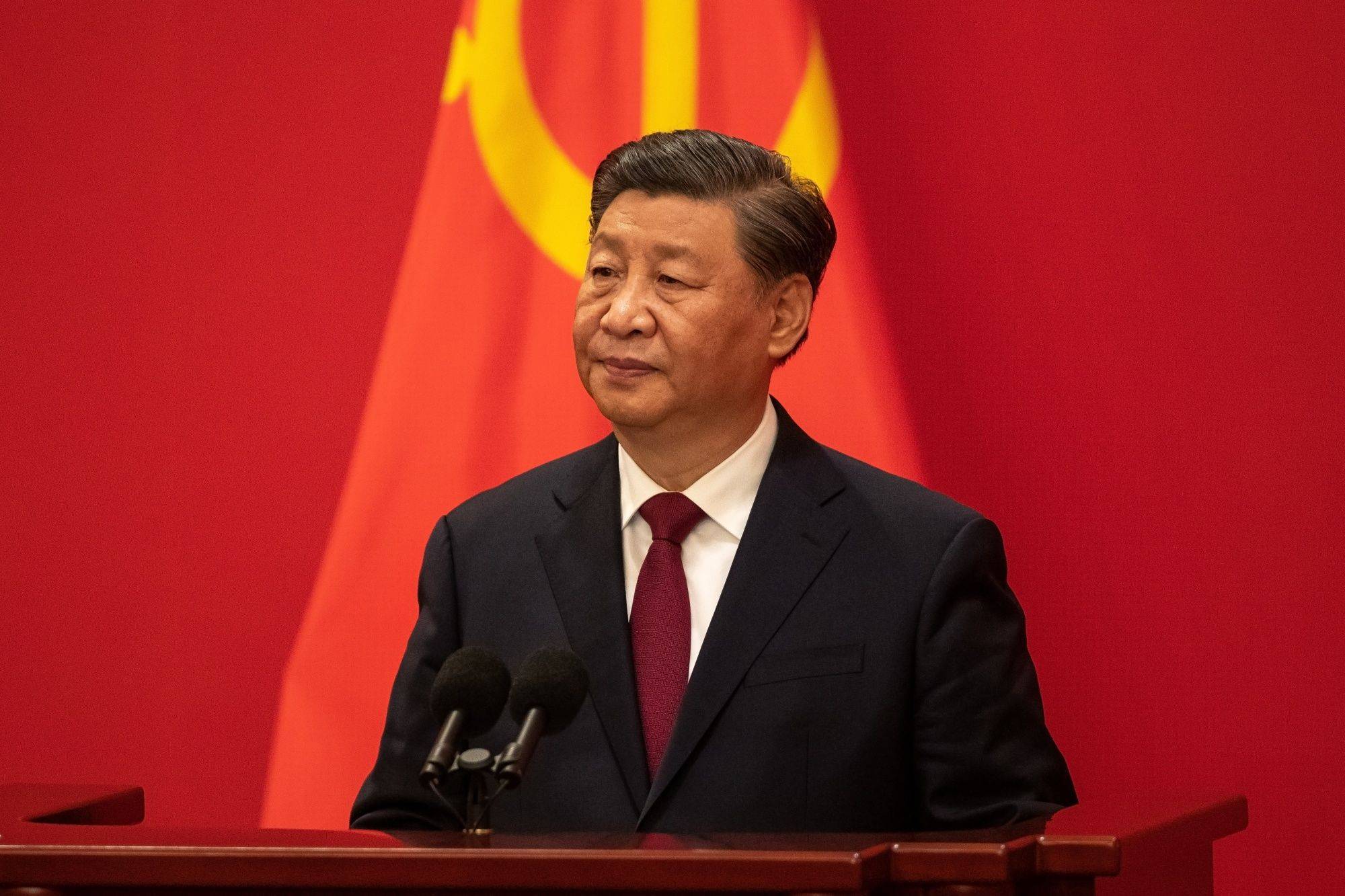Almost everyone in Washington wants to be a China hawk now, making it a lonely town for some well-placed skeptics.
With U.S.-China ties at a low ebb and Chinese President Xi Jinping securing a precedent-breaking third term in office, the administration of U.S. President Joe Biden is maintaining its sharp-edged approach toward China with everything from new export controls on high-tech chips to warnings about a potential Chinese invasion of Taiwan.
The two governments’ muscular rhetoric is drowning out the concerns of some leading U.S. specialists on China who aren’t dovish about Beijing’s behavior but are skeptical of the logic behind Washington’s increasingly aggressive analysis of Beijing as a threat — and especially what they view as loose talk about the prospect of a military attack on the self-ruled island.


















With your current subscription plan you can comment on stories. However, before writing your first comment, please create a display name in the Profile section of your subscriber account page.